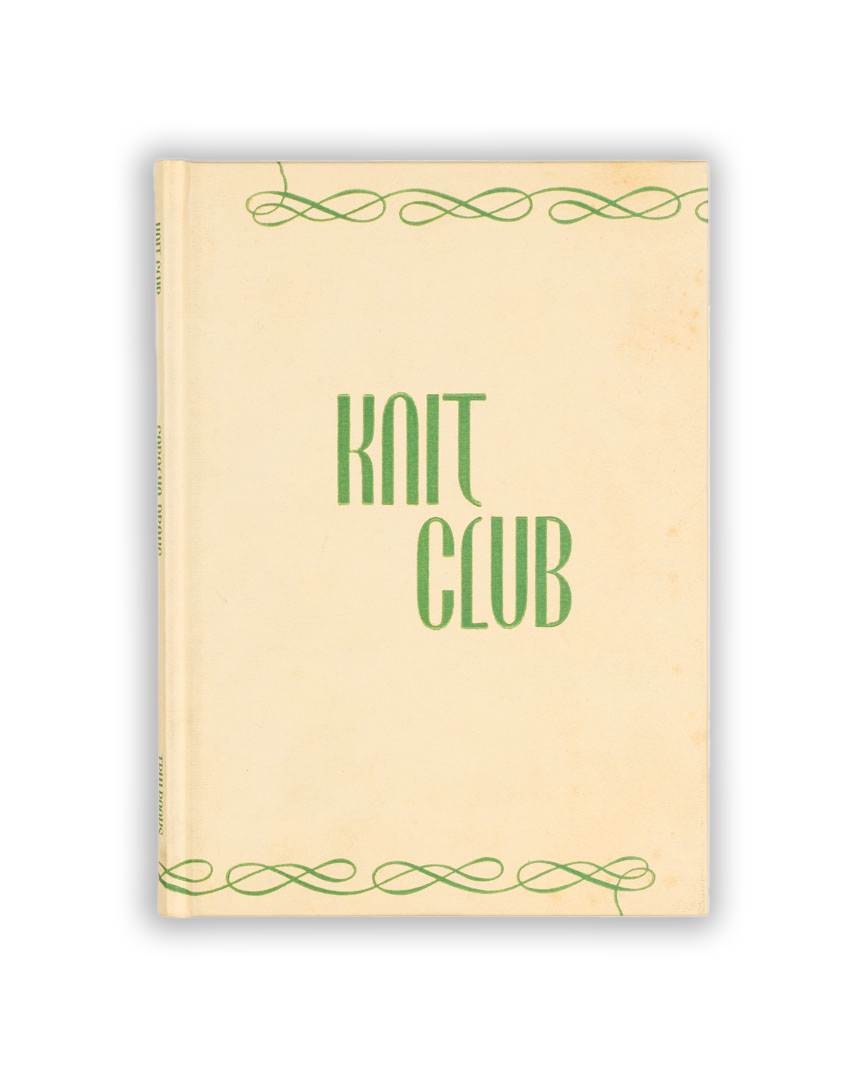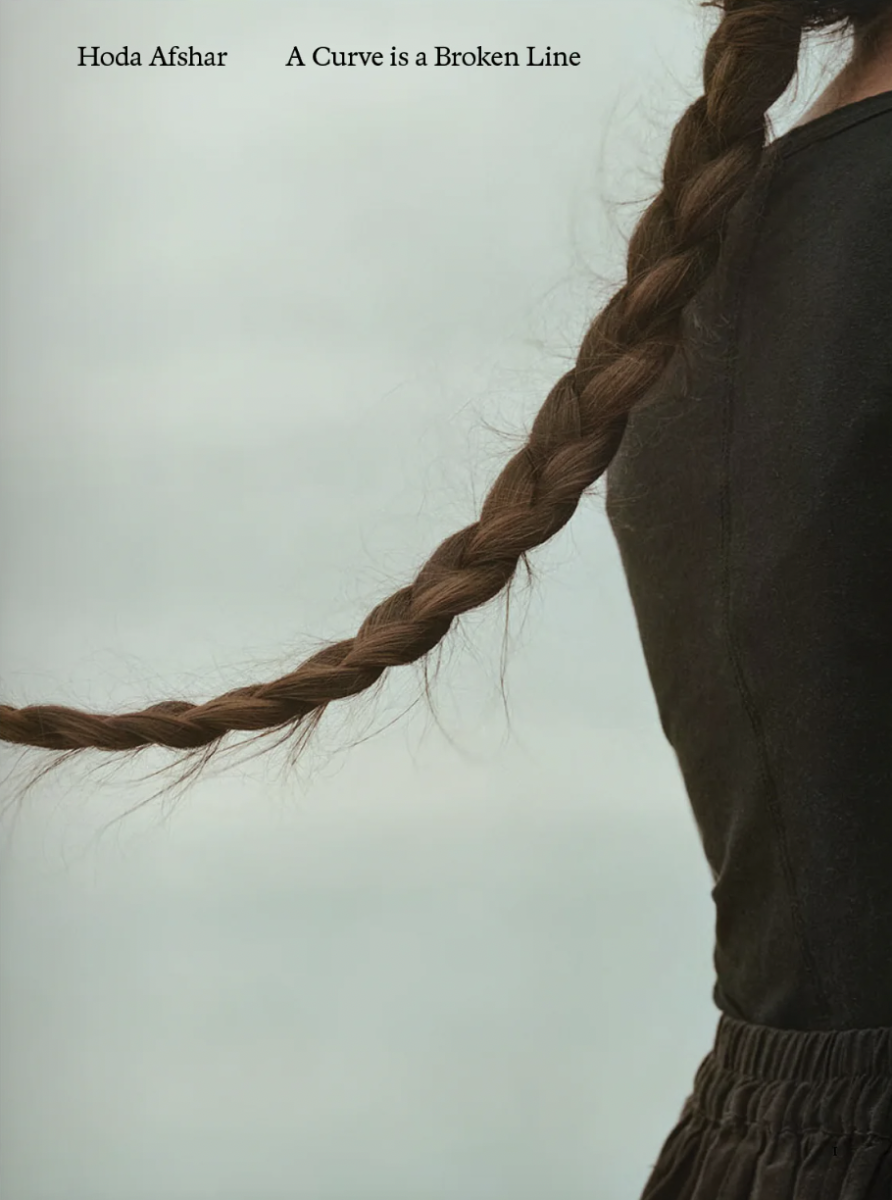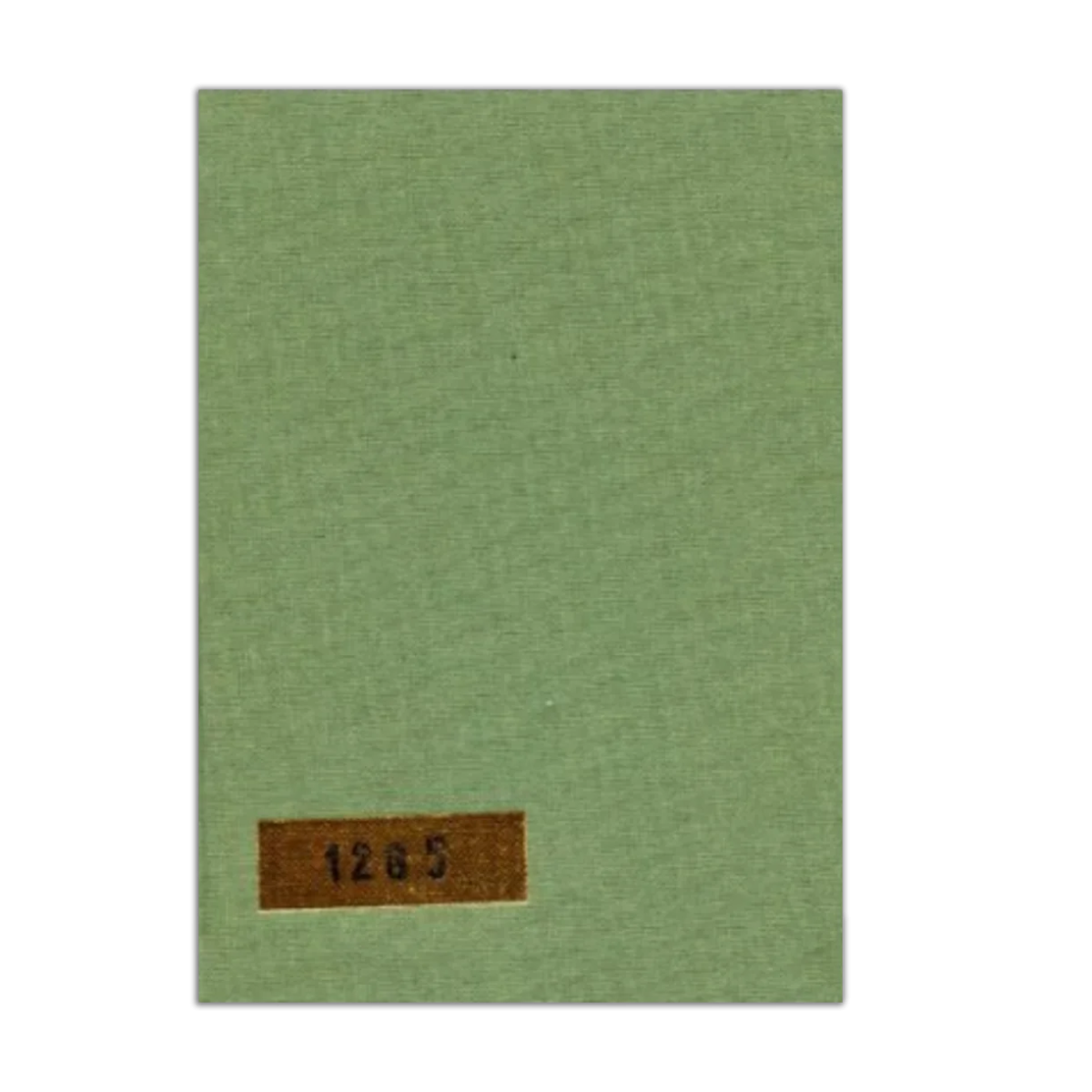Girls are warriors
After the taking of Cadiz by the rebel side, the new authorities centralized the distribution of food and its rationing to the point of leaving the city for several days without supply, among others, of an essential good such as bread. My grandmother, then a disobedient Cadiz woman in her twenties, proudly told me that it was the women, grandmothers, mothers and granddaughters, who confronted en masse, with no other weapon than hunger, the custodians of this precious food, demanding its redistribution. After hours of anguished brawling and some humiliating slaps, the women returned hopefully to their homes. The next day, and from then on, no household in Cádiz ever went without bread again.
Margarita knew every inch of the pine forests of Gredos where she took the family goats to graze. More than once she had crossed paths with a crew that was hard at work felling trees for the national industry, but that day it seemed that every logging crew was on their own. While cooling off from the dry July heat at a spring, he heard a cry for help and ran to where the call came from. He found one of the lumberjacks collapsed, bathed in blood and with a fatal cut on his forearm. Without thinking, he took off his belt, tied it around his wrist and, stretching his arm with it, tied the leather to a pine branch, leaving the arm completely vertical and the boy on his knees, barely supported by the little strength he had left.
The girl marched to the village to ask for help so fast that not even her dogs could keep up with her.
Margarita later learned that she had managed to contain the bleeding, she also learned that they were able to save the boy, she learned that his name was Valeriano and that he had just returned from working in France but that he was from the next village. What she did not know at the time was that she would spend fifty-two wonderful years married to him.
Last summer Conchi received a call that shocked us all. It was Luis, a boy she took care of almost forty years ago in a day care center in Malaga. Luis was an orphan, he had been taken to several hospices, none of them wanted him, they claimed he was sullen, conflictive and did not allow himself to be taught. He grew more and more isolated and without any hope of finding a family that would take him in forever. There was no longer a single orphanage that he had not passed through and the administration opted, as a last resort, to take him to a day care center in the city. Conchi had just started working there, along with a group of three veteran girls. She wanted to take care of Luis as soon as she saw him, it was very difficult to gain his trust, but after a short time he did not leave her side. The building had a garden, which was never used, where Conchi and Luis began to collect different leaves, sticks or stones, with the aim of creating small worlds where the boy would feel safe.
Against the warnings of the center’s director, the nanny went out several afternoons with Luis to walk on the beach and a couple of times they snuck into an old downtown movie theater to watch Charlot movies. Conchi’s zeal and tenacity almost cost her her job had it not been for the fact that, at last, a family adopted Luis.
In the phone call Luis told Conchi that he had been trying to reach her for years because he wanted to tell her that she was the first person who showed him affection, that she made him feel special for being different, that he lived a tremendously happy childhood with his new family and that he always listened to Battiato while writing articles for his newspaper.
Donna Ferrato – Living with The Enemy
Susan Meiselas – Carnival Strippers
Cammie Toloui – 5 Dollars for 3 Minutes
Barbara Kruger – Love for Sale: The Words and Pictures of Barbara Kruger
Justine Kurland – Scumb Manifesto
Adriana Lestido – Madres e hijas
Gloria Oyarzabal – Woman Go No’Gree
Hoda Afshar – A Curve is a Broken Line
Jacqueline Hassink – The Table of Power
Annette Behrens — (in matters of) Karl
Would you like to add more publications related to this topic?
Log in and add a comment so the table can grow collaboratively.


























